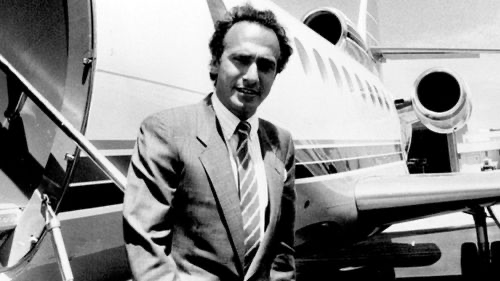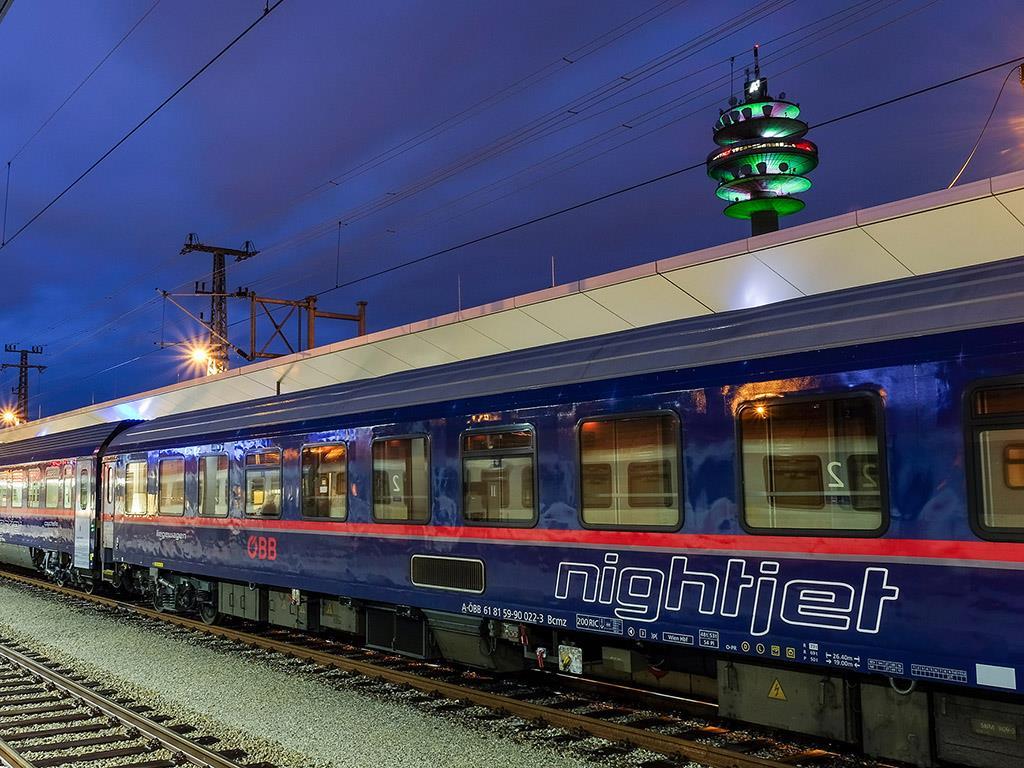Olivier Dassault Passes Away at Age 69 in a Helicopter Accident on March 7, 2021
Saint-Cloud, France, March 8, 2021 – It is with great sadness that we learned of the death of Olivier Dassault, at the age of 69, in a helicopter accident on 7 March 2021. An aviation enthusiast,…

